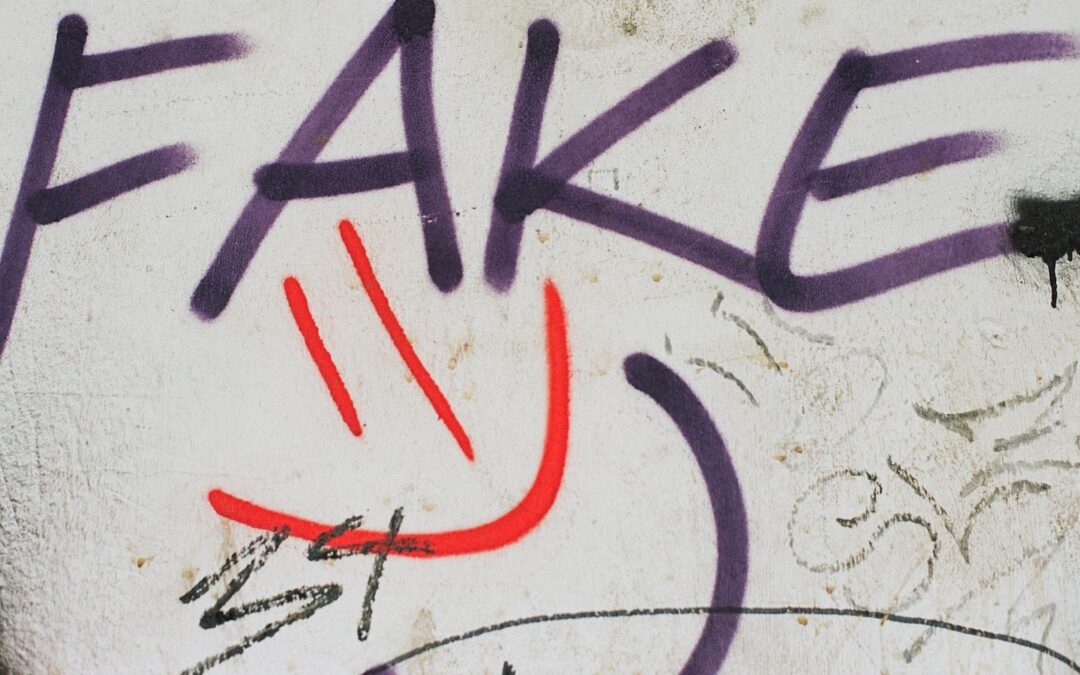A Doctored Biden Video Is a Test Case for Facebook’s Deepfake Policies
Deepfake videos have become a growing concern in the era of rapidly advancing artificial intelligence and realistic video editing technologies. Facebook, being one of the largest social media platforms, has been faced with the daunting task of addressing the spread and impact of such manipulated content.
The latest challenge for Facebook’s deepfake policies comes in the form of a doctored video featuring President Joe Biden. This video, intentionally edited and manipulated, aims to deceive viewers by seemingly showing President Biden saying words and making statements that he never uttered in reality.
The Dangers of Deepfake Videos
Deepfakes refer to AI-generated or digitally altered videos that convincingly simulate someone’s likeness and present them saying or doing things they never did. These videos can be incredibly realistic, making it challenging for viewers to differentiate between genuine and manipulated content.
The potential consequences of deepfake videos are far-reaching. They can be used to spread false information, manipulate public opinion, tarnish reputations, or even incite violence. The implications for democracy, national security, and individual privacy are immense.
Facebook’s Deepfake Policies
Recognizing the threat posed by deepfakes, Facebook has been actively developing strategies to combat their spread on the platform. They have implemented policies to remove videos that are determined to be deepfakes, as well as downrank manipulated media in their algorithm to reduce their virality.
However, as the doctored Biden video reveals, the battle against deepfakes remains an ongoing struggle. Even though Facebook has implemented various safeguards, the sheer volume of content shared makes it difficult to catch every instance of manipulation in real-time.
A Test Case for Facebook
This doctored Biden video serves as a critical test case for Facebook’s deepfake policies. It showcases the challenges faced by the platform in promptly identifying and removing manipulated content, especially when it involves high-profile individuals like the President of the United States.
The public reaction and response to the video place additional pressure on Facebook to enhance its detection mechanisms, invest in advanced AI technologies, and collaborate with external experts to stay ahead of the deepfake game.
Education and Awareness
Alongside policy improvements, tackling deepfakes also requires a focus on educating users about their existence and potential dangers. Facebook can play a crucial role in promoting media literacy by providing educational resources, partnering with fact-checking organizations, and encouraging critical thinking among its users.
Ultimately, combatting the deepfake menace necessitates a collective effort involving technology companies, governments, researchers, and the public. It is crucial to establish comprehensive regulations, invest in cutting-edge algorithms, and foster a media-savvy society to mitigate the proliferation and impact of deepfake content.


Recent Comments